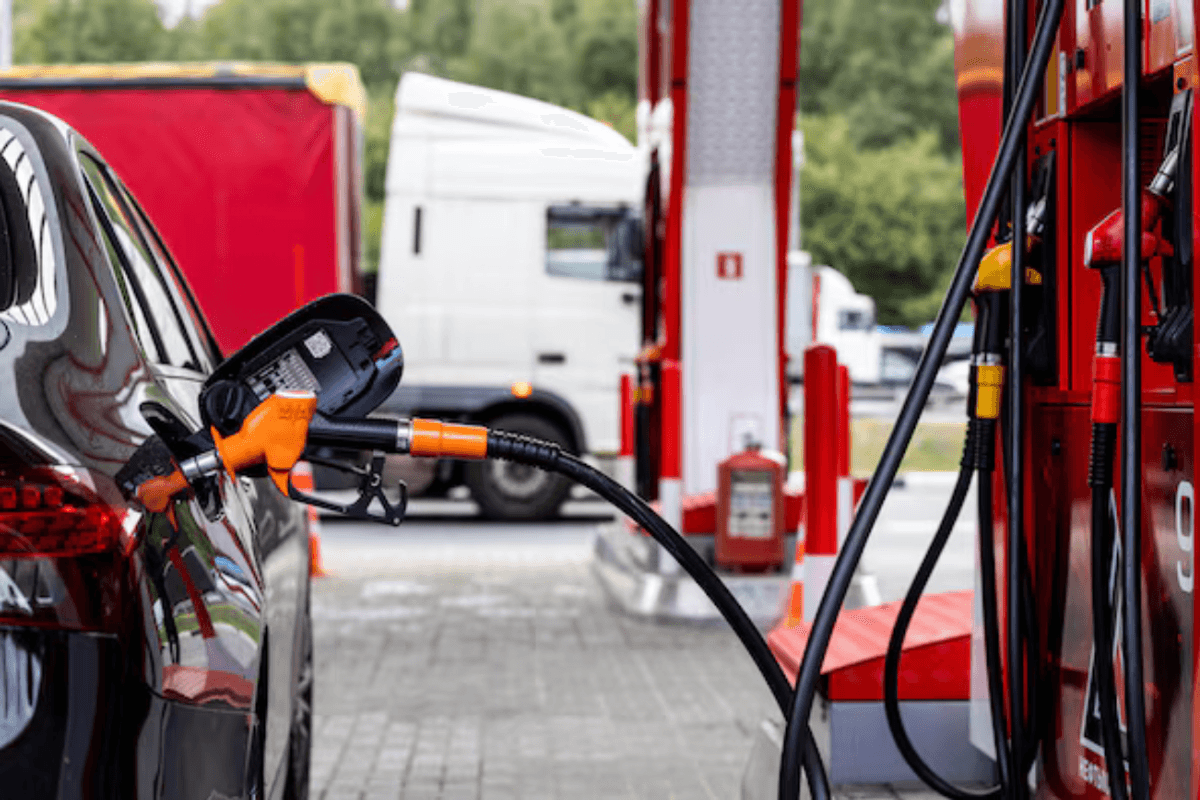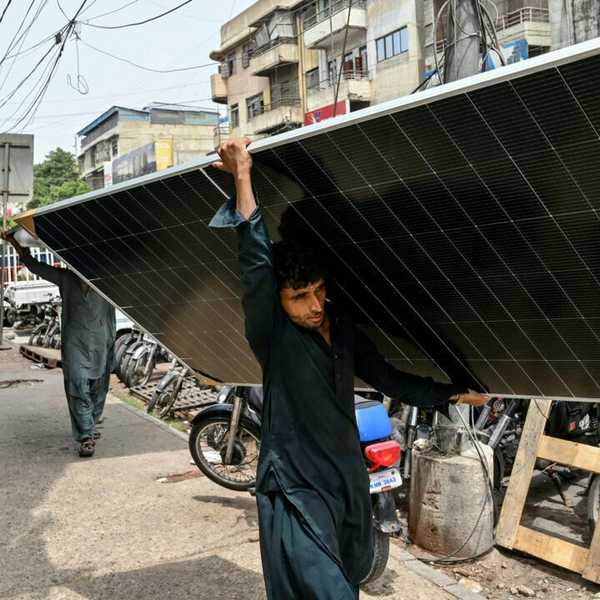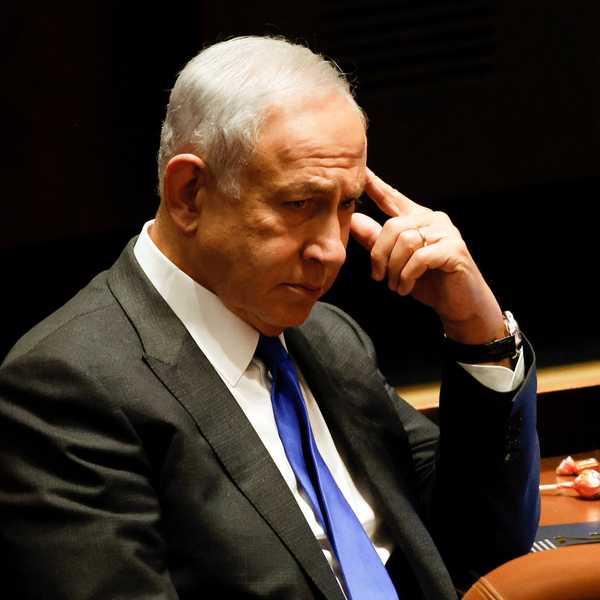Pakistan petroleum levy collection hits record PKR 1.22 trillion
As government eyes PKR 1.47 trillion in fuel levies for FY26, experts warn growing reliance risks public backlash and long-term economic strain
Business Desk
The Business Desk tracks economic trends, market movements, and business developments, offering analysis of both local and global financial news.

Reuters/File
Pakistan's Ministry of Finance announced Tuesday that the federal government collected a record-breaking PKR 1.22 trillion in petroleum levy revenue during the fiscal year 2024-25, marking a 20% increase over the PKR 1.02 trillion collected in the previous year.
The petroleum levy, a non-tax revenue instrument imposed on the sale of petroleum products, has become a key source of federal income. Unlike the general sales tax (GST), which must be shared with provinces under the National Finance Commission (NFC) Award, the petroleum levy remains entirely in the hands of the federal government.
Tax experts say this structural advantage incentivizes the federal government to prioritize the levy over traditional taxation methods, particularly the GST on fuel. This strategy has continued even as the government maintains a sales tax exemption on petroleum products, citing the need to provide relief to inflation-weary citizens.
Despite that exemption, the rising levy collections have sparked criticism. Economists and consumer advocates argue that the levy disproportionately impacts everyday citizens, many of whom are already struggling with elevated living costs and stagnant wages.
“This revenue model may ease pressure on the budget, but it increases the financial strain on the population,” said one Islamabad-based policy analyst.
The government’s reliance on petroleum levies is expected to grow. From fiscal year 2025-26, a new Climate Support Levy of PKR 2.5 per liter will be added to petroleum products. Officials have indicated the rate will increase gradually in future years, potentially compounding the effect on pump prices and household spending.
With both the petroleum levy and new climate-related charges in place, fuel has become one of the federal government’s most lucrative revenue streams, albeit one that places an increasingly heavy burden on consumers.
The government has set a collection target of PKR 1.47 trillion for the petroleum levy in fiscal 2025-26. According to energy market analysts, if the petroleum levy remains at PKR 78 per liter, collections could reach approximately PKR 1.5 trillion.
However, if the government raises the PDL to PKR 90 per liter a figure reportedly under consideration—and if national consumption of petrol and diesel reaches the projected 19 billion liters, annual levy collections could climb even higher.
Analysts warn that while such measures may help close fiscal deficits, the long-term economic cost of rising fuel prices could weigh heavily on consumers and dampen growth.
“The government is walking a tightrope between revenue needs and public affordability,” said the analyst. “How long that balance can be maintained remains to be seen.”







Comments
See what people are discussing